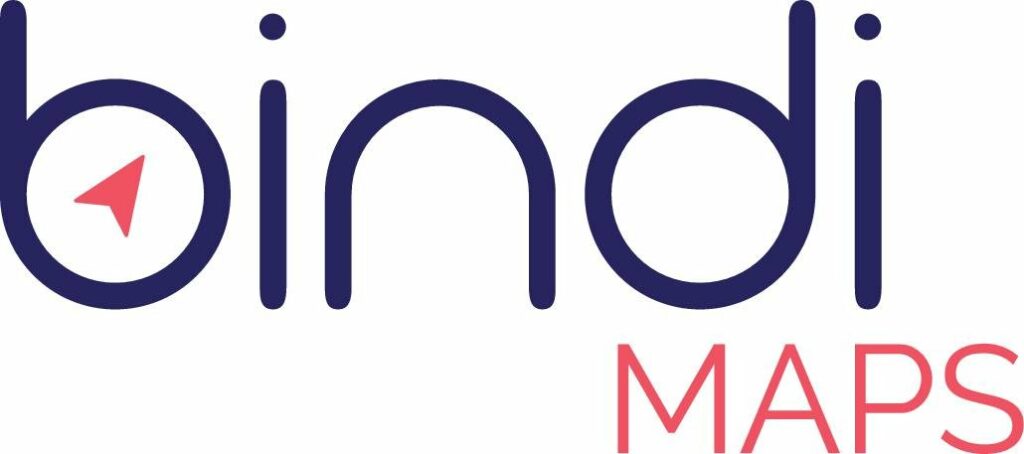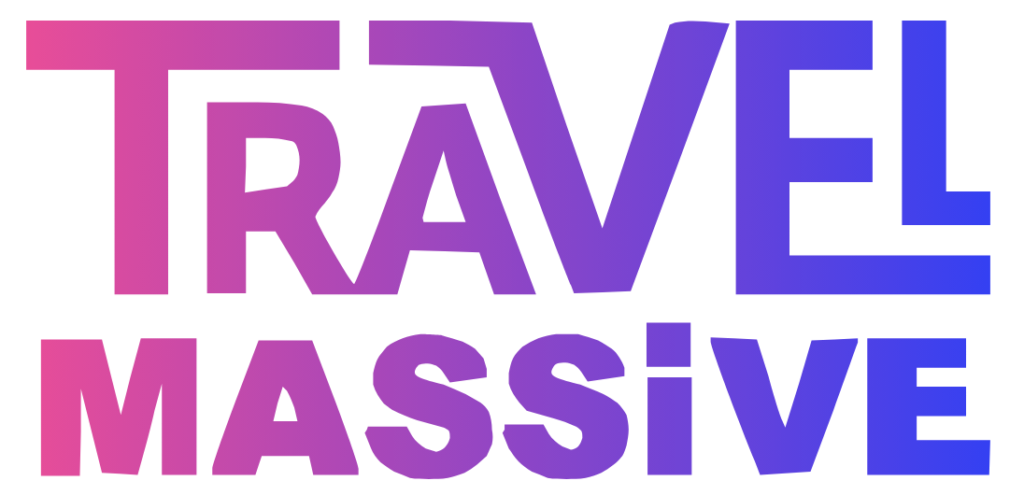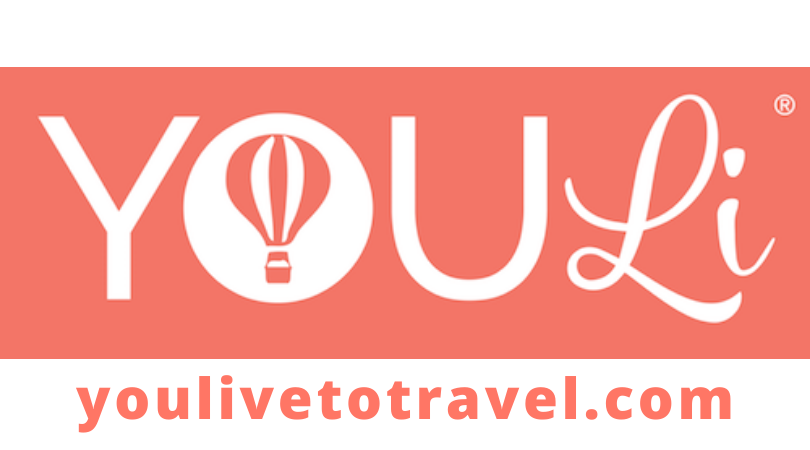AITCAP 2021 – Day 4 | May 27th | Highlights
The Future of Accessible & Inclusive Tourism
Day 4 of AITCAP 2021 wraps up on an optimistic note as we ask how co-design, the triple bottom line and sensory inclusion play an essential role in the future of Accessible & Inclusive tourism.
📜 QUOTE OF THE DAY
"Accessibility and inclusion is a journey. It's not a compliance measure that you just tick a box and then you're done. It really is that journey that's all encompassing, right from the planning, through the execution, through the staffing... it really embodies everything that you do."
Yasmine Gray
✈️ KEY TAKEAWAY
Future-proof your business by making sure you are welcoming of people of all abilities. Sure, it is a process, but it is not necessarily a difficult one and it will bring very positive outcomes both for your business and for our world. And the good news is, there are plenty of resources you can use, no need to reinvent everything, and you can focus your energy on innovation to differentiate yourself. Together we can create a “snowball effect” – as our keynote speaker put it – and go from exception to mainstreaming!
After four days of industry insights and captivating talks from tourism leaders, there is no doubt that accessible and inclusive tourism has the potential to recover the sector. “Millions of people around the world have also realized that the rebound of our economies will be much stronger and much more solid if we create more inclusive societies,” Igor Stefanovic reminds the AITCAP audience.
“In the US, 1 in 4 individuals have a sensory need. What this means is if you go into any kind of public place, or even engage in the regular community, the noises, the sounds, the lights, the crowds, even certain smells are very overwhelming and physically painful. And it affects basically anyone that is autistic to PTSD to dementia,” explains Julain Maha MD.
While many businesses aim to be inclusive, the fear of being labeled as discriminatory may prohibit progress. “I think there’s a willingness to want to do it, but there’s a nervousness about how to go about it. Certainly having the engagement from your teams makes a difference in order to break down any internal barriers and fears that people might have,” Tina Brandt confirms.
Accessible & inclusive tourism is a powerful entry-point across generations and benefits the elderly consumer segment as well. Giovanna Lever explains: “The seniors market is also an important contributor to the Australian economy, and operators need to be aware of accommodating these customers. Seniors coming through now are more financially secure than previously by nature of their generation, and they’re ready and wanting to spend.”
That’s why we have provided 5 easy steps to help you start the accessible & inclusive conversation:
STEP 1: Understand the need
Julian Maha MD who is currently on the board of Kulture City, emphasises the importance of understanding the need for accessibility and inclusion especially from a sensory need standpoint. “I think the first step is to understand the need. And that can be from a social good standpoint, it can be from a purely financial standpoint. But the key is to understand the need and then reach out to different resources that are available for that, be it KultureCity or someone else locally in your area.”
STEP 2: Everyone wants to feel pampered when they are on holiday
Avoiding the social stigma of making mistakes may feel like walking on eggshells, but there is a simple solution. Julie Jones, suggests a humanising approach to this problem “I think one of the things that we really need to get across to the tourism industry is that there is no difference in what a person with a disability is looking for when they are looking for a holiday or are looking for a hotel. We’re looking for a bit of a treat or a spoil.”
Dane Cross furthers this point, “When I travel I am with the family and we’re looking to have the same experience as any other families. […] Some place that makes us feel relaxed and special I guess!”
Tobias reminds us that simply employing a welcoming and accommodating attitude is all it takes to start embracing accessibility and inclusion: “If they just say: “We welcome people with disability, and we try to make everything possible”. Often, that’s enough, so people know, okay, those they are aware of my special needs, and they will try to support me. They don’t have to rebuild everything and when they have a booking or have a request… often it’s really some little adjustments, and adaptations that are necessary.”
You don’t have to do this journey alone, In fact, working with people with disabilities is an asset. “It is complex for a hotel or a designer to really understand what people with disabilities actually need. And my message is that this has been a learning process for me and that’s why codesign is so important,” Julie Jones confirms.
“Inclusion is the right thing to do,” Ben Aldridge declares, “There is definitely a moral obligation to it. But it’s the mindset that we need to change. We need to change the mindset around the idea that disability is not profitable.”
If moral obligation is not enough to convince you of the value of accessible and inclusive tourism, then the bottom line might.
According to a 2018 study by Open Doors Organization, based in Chicago, Illinois. “27 million (american adults with disabilities) travelers took a total of 81 million trips, spending $58.7 billion US dollars on just their own travel.” John Morris reminds us that this results in an “annual valuation of more than $29 billion US dollars in the accessible travel marketplace.”
And this is an emerging market set to soar as it hits it’s growth phase.








